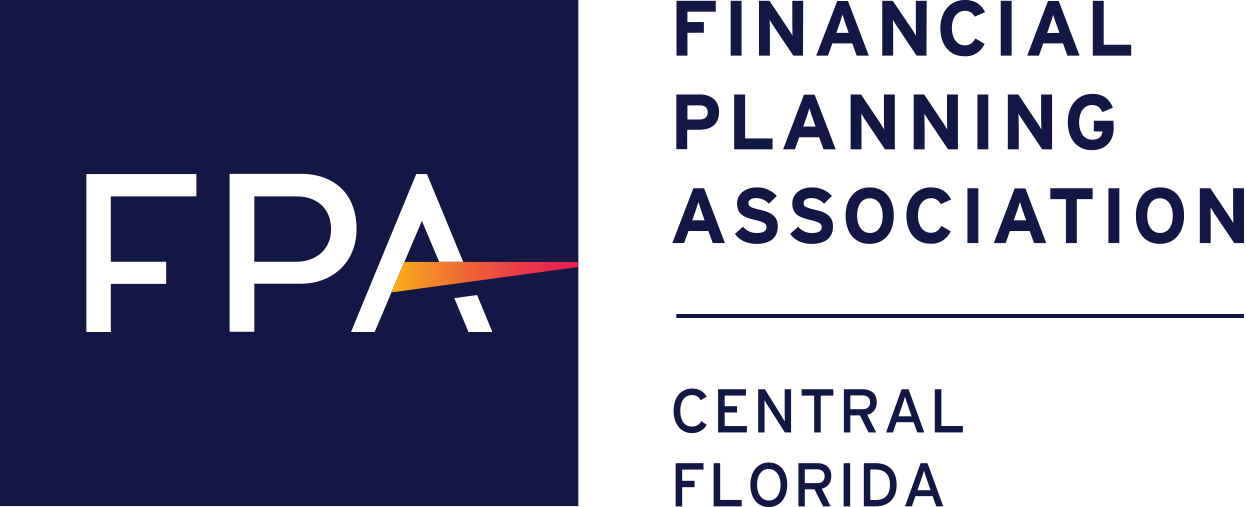
2020 Vision: Prepare for These Seven Market and Money Trends in the New Decade

The decade of the 2010s opened during the depths of what was later dubbed the Great Recession, an economic freefall precipitated in large part by the dubious activities of some of Wall Street’s biggest investment banks. Ten years prior, the 2000s were ushered in with a loud burst of the dot-com bubble, followed by a sustained bear market and recession.
While the 2020s appeared poised to open free of the economic turmoil that greeted the previous two decades, the new decade still presents its own unique set of financial issues, possibilities, opportunities and threats that warrant attention — and, likely, a measure of advance planning.
Here at the dawn of a new decade, the Financial Planning Association® (FPA®) marks its 20th anniversary by asking some of its CERTIFIED FINANCIAL PLANNER™ professional members to peer into their crystal balls and offer insight into the key trends they see shaping the world of personal finance, investing and advice in the decade ahead.
Retiring the concept of retirement. Long gone are the days of retiring to the rocking chair at age 65. “In the 2020s, will the word ‘retirement’ even still be used?” wonders FPA member Peter Hoglund, CFP® with AEPG Wealth Strategies in Warren, NJ. “Will we begin to consider [retirement] a piece of the past, the way company pensions and generous retirement health benefits have gone?” No longer will retirement be the ultimate end-game that dictates how people approach their financial lives, he posits. Instead, the end goal will be attaining financial independence, so people can call their own shots, continuing to work if they choose, switching gears to pursue work in a field about which they are passionate, fulfilling philanthropic inclinations, or opting for some other path. The SECURE Act, a new federal law adopted in December 2019, will impact how people plan for financial independence later in life. Visiting with a financial planner can help shed light on how the new law could affect you. To find a CERTIFIED FINANCIAL PLANNER™ professional who is an FPA member in your area, go to www.PlannerSearch.org.
Recession rears its head. The post-Great Recession economic expansion has lasted enough that observers expect the next recession could happen sooner rather than later. Historical economic cycles, along with certain prevailing signals, are fueling predictions that a recession could occur in the next couple of years in the U.S. Other historically reliable economic indicators (job growth, stock prices, etc.) could suggest otherwise, however. In December, Bloomberg Economics estimated the chances of a U.S. recession within the next 12 months at 29%. Even if it doesn’t occur within a couple years, history suggests we will experience a recession sometime in the 2020s.
New tax twists on tap. The Trump Administration’s tax policy, embodied in the Tax Cuts and Jobs Act of 2017, lowered corporate as well as individual income tax rates almost across the board through the end of 2025. But a change in the presidency in 2020, and/or a shift in the party majority in the U.S. Senate, could mean another tax policy overhaul much sooner than 2025. In particular, if the American electorate puts a Democrat in the White House in either 2020 or 2024, major tax policy changes could soon follow, including higher taxes on corporations, estates and individuals, particularly the wealthy, along with new parameters for using standardized and itemized deductions in tax returns. Income tax policy isn’t the only part of the tax code susceptible to change in the years ahead. Hoglund suggests there also could be adjustments to how retirement plan contributions are taxed. Bottom line: Don’t expect the tax policy status quo to hold throughout the 2020s.
Affording college becomes much easier — or much harder. On one hand, Hoglund says it’s easy to envision higher education costs continuing to climb at a rate that surpasses inflation, as they have for the better part of two decades. On the other hand, as Hoglund suggests, those year-over-year cost increases could soon push lawmakers and academic institutions to take decisive action to make college more affordable for more people. “It’s not out of the question that we’ll see some kind of dramatic change in government policy so that people won’t have to pay as much for college,” he says. The upshot: Plan for the worst — continued cost increases — but hope for the best.
However the issue ultimately unfolds, Malden, Mass.-based FPA member Brian Merritt Boswell, CFP® says funding a college education will become a higher financial planning priority in the 2020s. “Even if tuition became ‘free,’ most households would not qualify, and tuition, on average, accounts for less than a third of the cost of higher education when you look at total costs — room, board, etc. That shortfall still requires significant funding and, therefore, planning.”
A financial literacy crisis looms. “Money basics are missing from our school system, we don't have children being taught these fundamentals at home, and money issues are just increasing due to the increased use of credit cards and reduction in cash,” observes FPA member Michelle Buonincontri, CFP® in Anthem, AZ. “We have a whole generation of consumers that don't understand the basics of budgeting,
[and]cash-flow…or the differences between banking and investing.”
With that crisis, Buonincontri says she sees an opportunity to fill the financial literacy void. “I see the birth of financial coaching…as the next step of personal financial planning.” Financial coaches would focus on the behavioral and education aspects of personal finance in their work with clients, “so that clients are prepared to work with a financial adviser and grow [their] wealth.”
ESG investing finds the mainstream. Bottom-line financial performance figures tell only
part of the story when it comes to evaluating an investment. ESG, short for
environmental, social and governance, views investments through a broader lens,
taking into account non-financial factors (such as a company’s commitment to
sustainable business practices, to following ethical business practices or its
support of social causes, for example) to identify risks and opportunities with
investments. FPA member Marguerita Cheng, CFP® who heads Blue Ocean Global
Wealth in Gaithersburg, MD, says ESG-based investing could become a widely used
investment screening tool in the 2020s.
Tech puts a premium on professional financial advice, delivered by an actual person. The 2010s saw the rise of low-cost, automated, algorithm-driven services for investors. While these low-to-no-touch, largely online-based “robo” services filled a market niche, particularly for younger investors with less complex asset-management needs, they also underscored the value of working with a financial professional who’s capable of synthesizing the human side of a person’s financial life — emotion, family dynamics and other “soft” factors — with the hard-boiled, numbers-driven elements of financial planning. “Empathy will be the great anti-commoditizer” — the quality that will drive people to seek out advice from financial professionals, says FPA member Matthew Cosgriff, CFP® with BerganKDV in Minneapolis, Minn.
